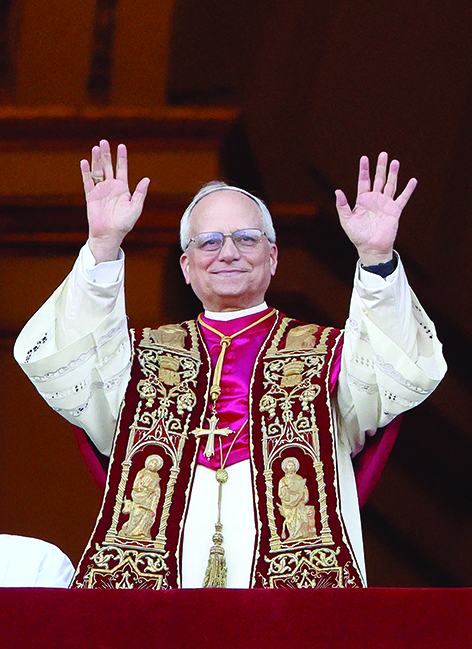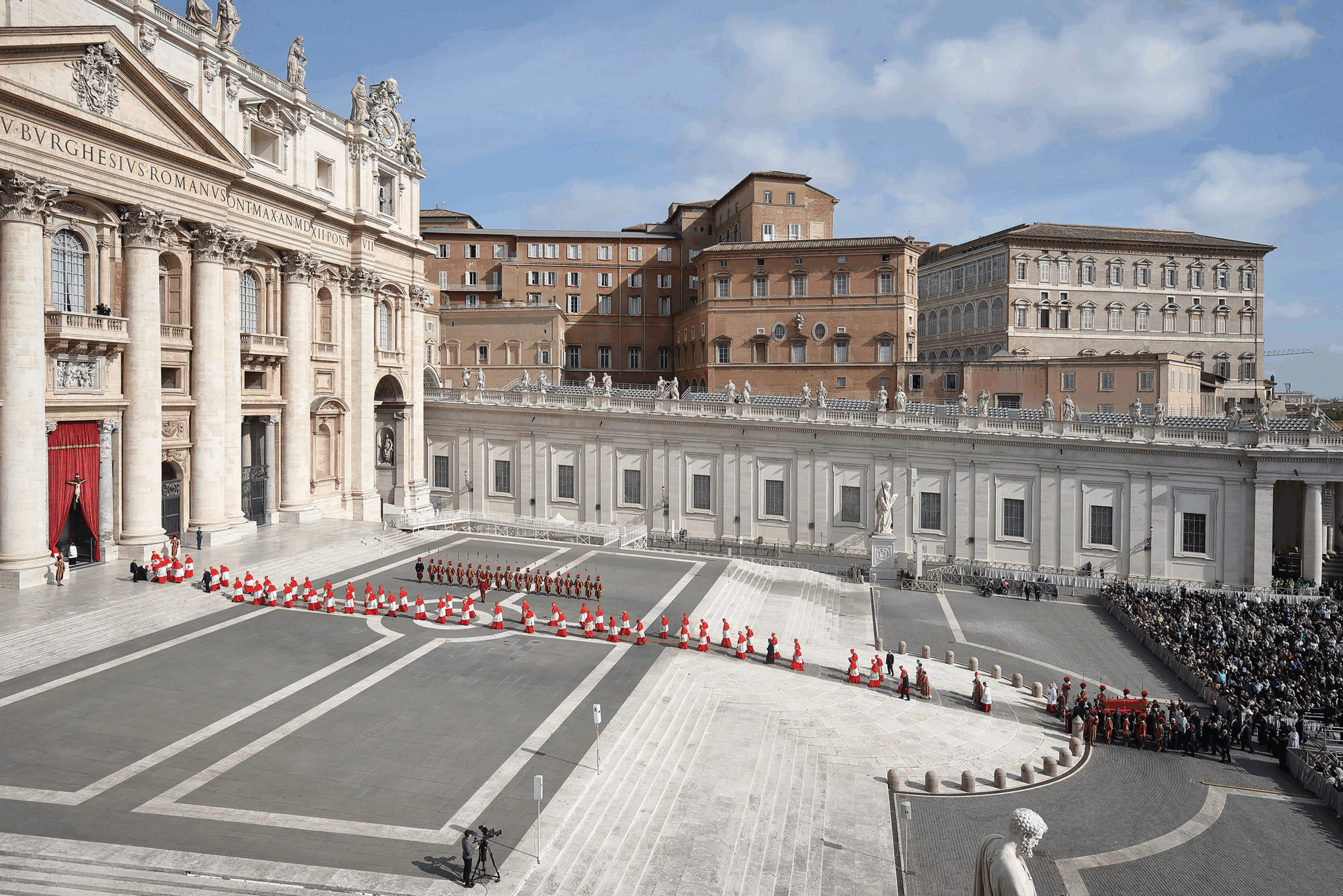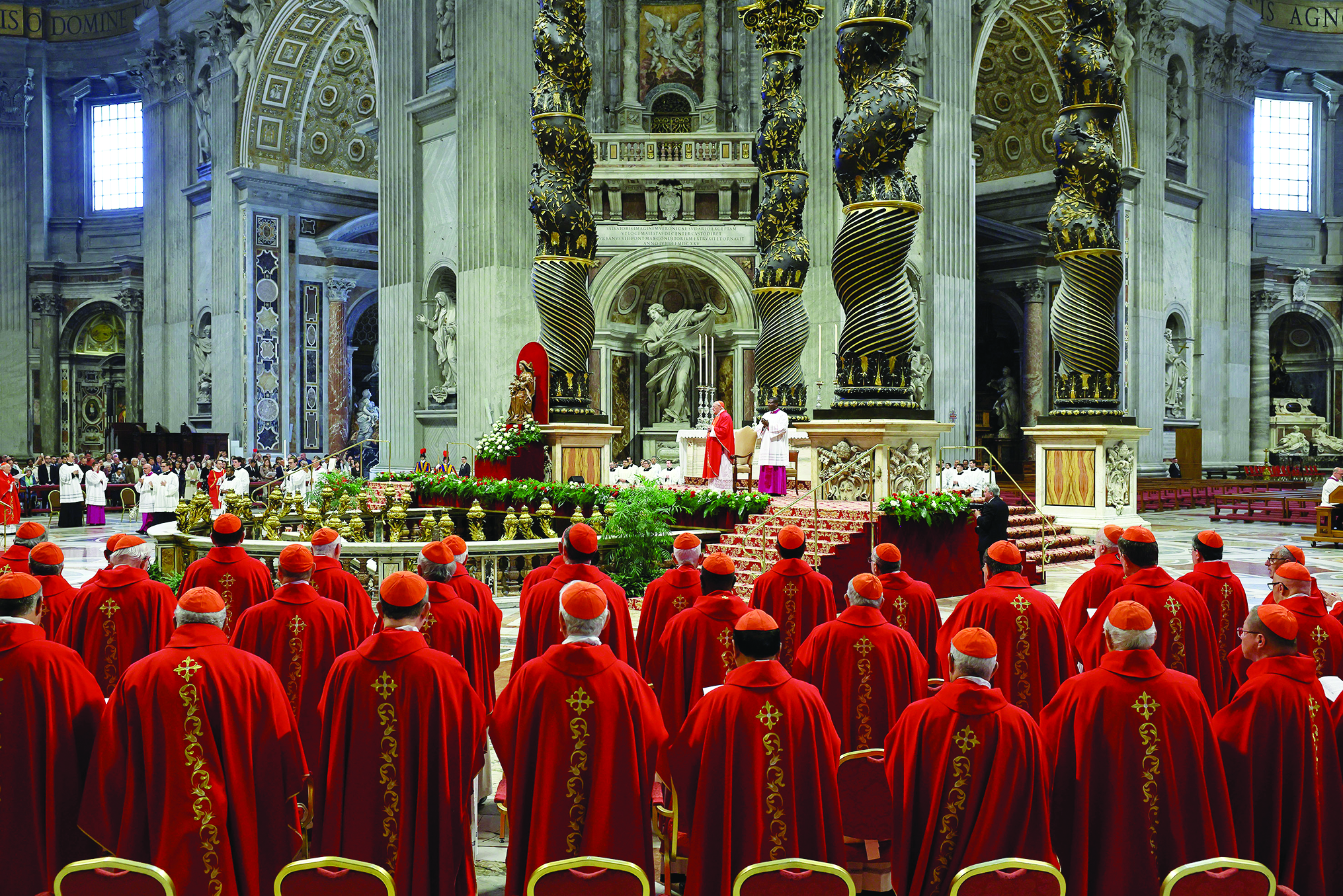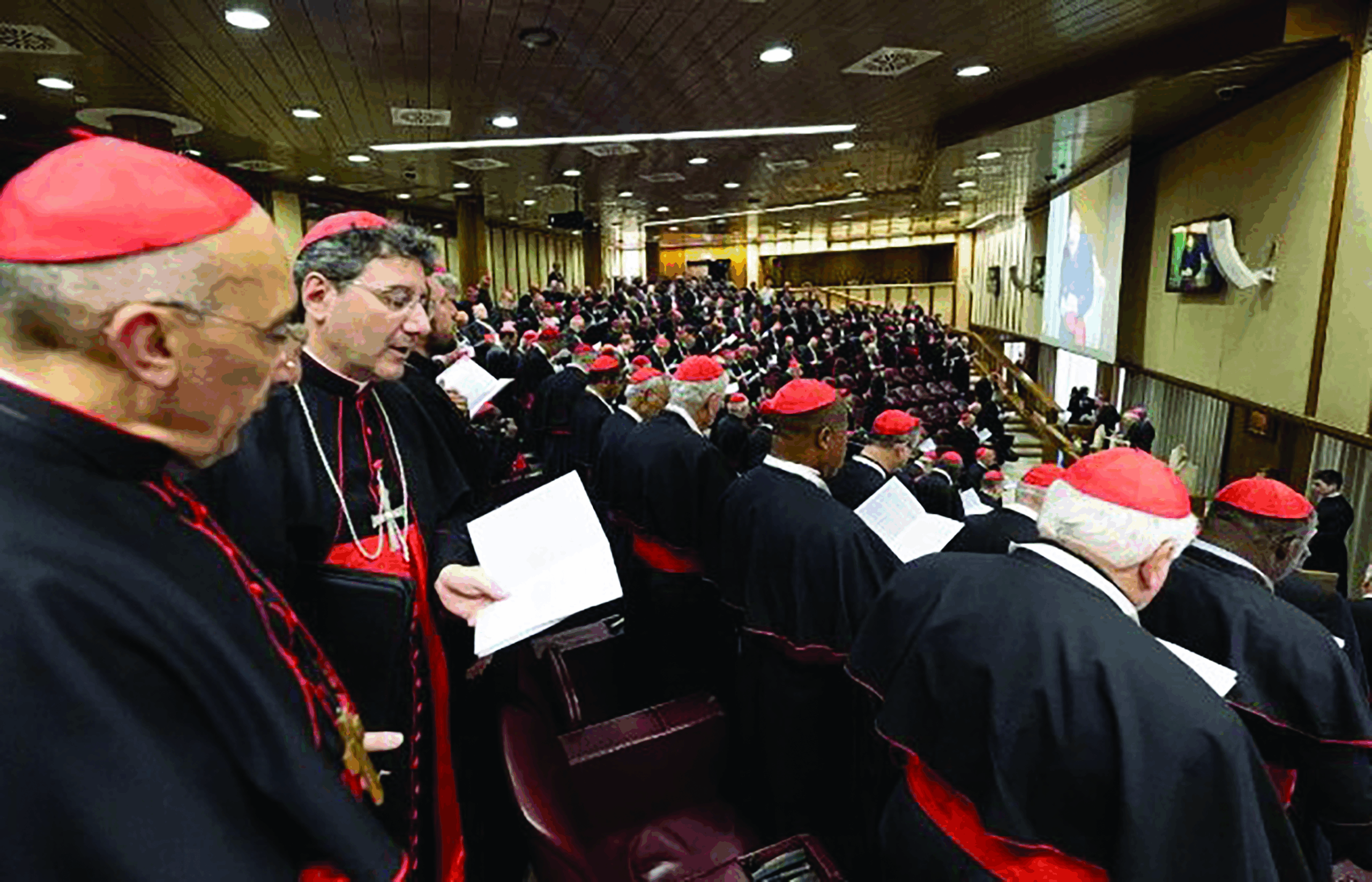By Robert Wiesner
![]() Miracles were rather more commonplace in ancient Israel than in our modern, rationalistic world. Or, rather, people were not quite as astonished at manifestations of the supernatural. There was no sharp distinction between the temporal, material world and eternity; God had, after all, conceived a universe, not a multiverse. Peter’s reaction to the great catch of fish, then, was not so much astonishment as a recognition that something rather holy was happening: “Depart from me, Lord, for I am a sinful man!” God was God, He can do whatever He wants — but Peter was realistic enough to realize that he could only serve to contaminate the atmosphere around a miracle. Such close proximity to sanctity could be dangerous; after all, Uzziah had been struck dead merely for daring to steady the Ark with his hand when it was journeying to Jerusalem! Peter may well have been exhibiting his sense of self-preservation when he begged Jesus to go away. Clearly he did not yet recognize that the mission of the Messiah was precisely to make contact with holiness entirely accessible to fallen humanity; henceforth, sinners were to be struck alive when connecting to holiness!
Miracles were rather more commonplace in ancient Israel than in our modern, rationalistic world. Or, rather, people were not quite as astonished at manifestations of the supernatural. There was no sharp distinction between the temporal, material world and eternity; God had, after all, conceived a universe, not a multiverse. Peter’s reaction to the great catch of fish, then, was not so much astonishment as a recognition that something rather holy was happening: “Depart from me, Lord, for I am a sinful man!” God was God, He can do whatever He wants — but Peter was realistic enough to realize that he could only serve to contaminate the atmosphere around a miracle. Such close proximity to sanctity could be dangerous; after all, Uzziah had been struck dead merely for daring to steady the Ark with his hand when it was journeying to Jerusalem! Peter may well have been exhibiting his sense of self-preservation when he begged Jesus to go away. Clearly he did not yet recognize that the mission of the Messiah was precisely to make contact with holiness entirely accessible to fallen humanity; henceforth, sinners were to be struck alive when connecting to holiness!
Jesus taught a great many lessons concerning prayer. Some prayers, such as the mighty Lord’s Prayer, which He gave to the Apostles specifically when they asked for the lesson, have become universally beloved and practiced. Some, such as the prayer of the Publican, have been adopted more by the Christian East by than Roman Catholics: “Lord Jesus Christ, Son of God, have mercy on me, a sinner.”
Scripture has supplied other prayers: the Angelic Salutation has become the Hail Mary, the Magnificat and so many others have been derived from the Messiah’s mission. Of course, the continuity of Old and New Covenants is fully preserved by the Psalms, still faithfully prayed by all Christians. Such prayer needed little or no adaptation for Christian usage.
Certainly after the Resurrection of Christ and the constant teaching of the Church ever since, understanding these prayers has been much simplified. Virtually all of Scripture can be adapted for prayer, really. But what are we to make of Peter’s strange, almost petulant, request?
Peter eventually learned the revolutionary theology which brought humanity directly into the Divine Family, the Trinity: he had another Father now, to add to his earthly sire. He had a new brother in Jesus, in addition to Andrew. Animating all the new relationships was a Spirit of Holy Love, binding the family together in unity and amity.
Peter had ample experience with Jesus as his brother; he was even lifted out of the waters when threatened with drowning with the simple — and understandable — prayer “Lord, save me!” (Perhaps the thought even crossed Jesus’ mind, “He ain’t heavy; he’s my brother!”)
The Apostles lived together as seminarians for some three years, in a common family life, as they came to the formulation of a New Covenant to fulfill all previous agreements with God. More of the true nature of God was revealed to them than ever before in history with the realization that God actually became a member of the human family. So, Peter’s strange prayer, understandable under the old dispensation, needed some slight modification. We see this at the Last Supper, when Peter begged Jesus to wash not only his feet, but in fact his entire being!
A new year is a great time to pray a new adaptation of Peter’s prayer, as he may understand it now: “Lord, don’t you dare depart from me, for I am a sinner and without You there is no hope!”






Facebook Comments